Bill Dixon - Vade Mecum 1 & 2 (1994 & 1996) [Remastered 2010]
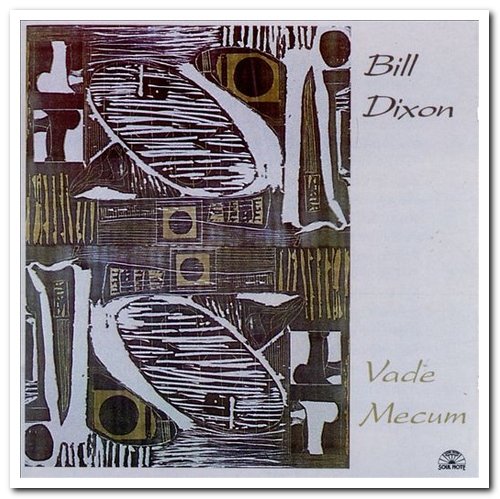
Artist: Bill Dixon
Title: Vade Mecum 1 & 2
Year Of Release: 1994 & 1996 / 2010
Label: Black Saint Records / Soul Note
Genre: Jazz, Free Jazz
Quality: 320 kbps / FLAC (tracks+cue, log)
Total Time: 2:27:39
Total Size: 338 mb / 731 mb
WebSite: Album Preview
Title: Vade Mecum 1 & 2
Year Of Release: 1994 & 1996 / 2010
Label: Black Saint Records / Soul Note
Genre: Jazz, Free Jazz
Quality: 320 kbps / FLAC (tracks+cue, log)
Total Time: 2:27:39
Total Size: 338 mb / 731 mb
WebSite: Album Preview
The first of two volumes released from this session, Vade Mecum features this remarkably nimble and creative quartet under the direction of Bill Dixon. Not quite free improvisation, Dixon's compositions provide loose frameworks for the musicians, creating subtle structural spaces for the to investigate. In this sense, his work is akin to (and perhaps an updating of) Cecil Taylor's classic Conquistador!, on which Dixon participated. The expansiveness and airiness of the sound here is one of this record's most striking qualities. The two bassists, Guy and Parker, have very different but complimentary personae; the former fleet and inquisitive, the latter dark and probing. With the two of them occupying the middle ground, underpinned by Oxley's uniquely coloristic percussion, Dixon's flights have all the naturalness and unpredictability of a bird's. Vade Mecum II, released separately, arguably attains even greater heights than this recording, but both are vital documents representing the state of improvised music in the '90s.
:: TRACKLIST ::
Vade Mecum 1
1 Moment 4:24
2 Anamorphosis 12:29
3 Viale Nino Bixio 20 9:17
4 Pellucity 9:04
5 Vade Mecum 15:52
6 Twice Upon A Time 13:12
7 Acanthus 13:25
![Bill Dixon - Vade Mecum 1 & 2 (1994 & 1996) [Remastered 2010]](https://www.dibpic.com/uploads/posts/2020-04/1588149342_2.jpg)
Vade Mecum 2
1 Valentina Di Sera 3:08
2 Tableau 10:22
3 Ebonite 15:51
4 Reflections 15:29
5 Incunabula 13:34
6 Octette #1 11:45
Maybe it's the relatively unusual instrumentation of this quartet (trumpet/fluegelhorn, two acoustic basses and drums), and more likely the talents of the individuals involved, but among many other delights, the sense of air-filled space, of the listener being among the musicians, is astonishing. Bill Dixon's horns flit and hover in the air above, describing arabesques as intuitive as they are mathematical, as natural and arcane as bird cries. The dual basses of Barry Guy and William Parker, with approaches so different in manner that they often sound as though issuing from unrelated instrument, prod and cajole from the sides, sometimes echoing Dixon, other times steering the direction of the improvisation as they see fit, and always rambunctiously inventive. Tony Oxley's percussion, as unobtrusive and essential as a floor, pervades the atmosphere, providing sonic surfaces for the others to glance off or to mirror. Graham Lock's fine liner notes assure readers that Dixon provided a compositional framework for the group (who hadn't worked together as a quartet before this session), but it's a testimony to his conception that the entire recording has the aura of a superb, intimate, and powerful improvisation. Paradoxically, if one concentrates on each individual's playing, there is a kind of sparseness, even hermeticism in the sound, but in the group context it becomes a lush, breathing, blooming creation. In some ways, Vade Mecum II is an extension and descendent of Cecil Taylor's '60s classic Conquistador!, on which Dixon also played. It is, in any case, one of the very finest jazz albums of the '90s and one that cannot be recommended too highly.
Bill Dixon - trumpet, flugelhorn
Barry Guy, William Parker - bass
Tony Oxley - percussion

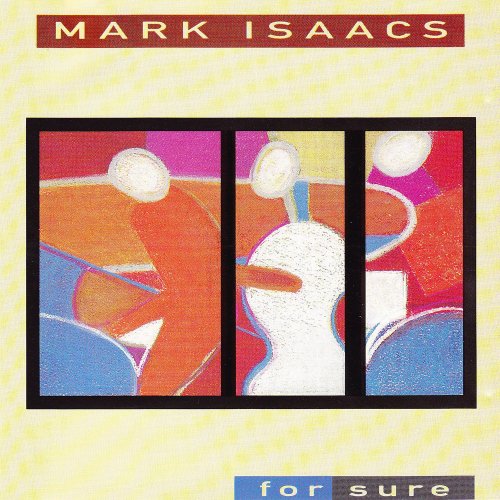
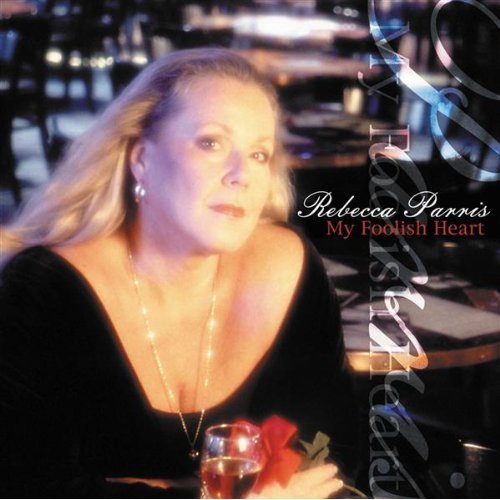
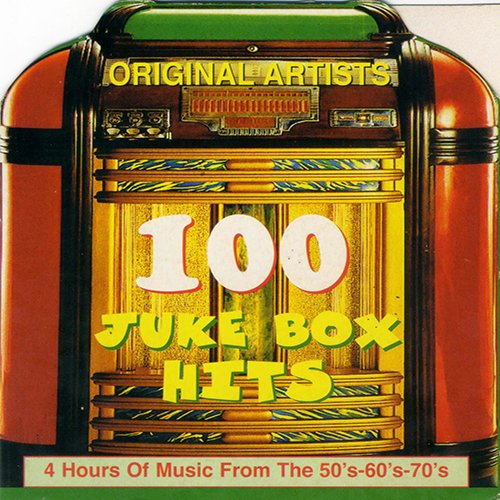
![Jan Harbeck Quartet - Arena (2026) [Hi-Res] Jan Harbeck Quartet - Arena (2026) [Hi-Res]](https://img.israbox.com/img/2026-02/21/ta1geqbunymda1vazij2b7te7.jpg)
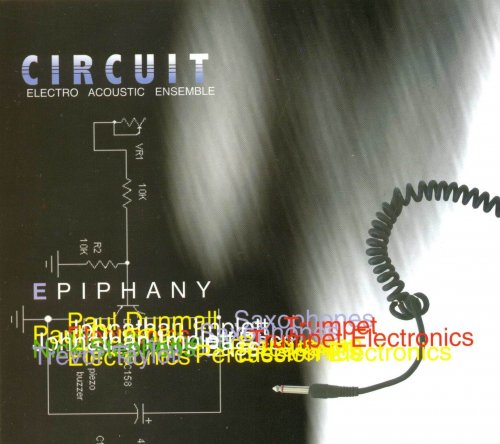
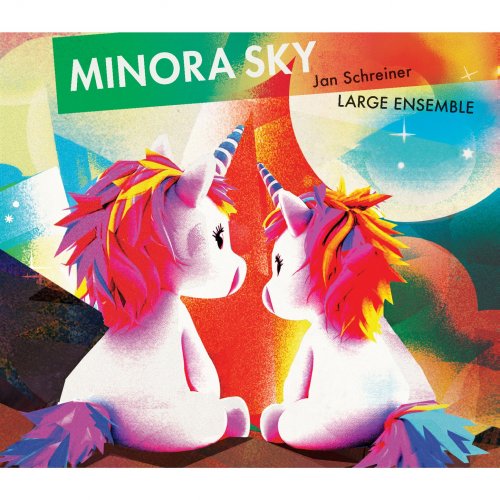
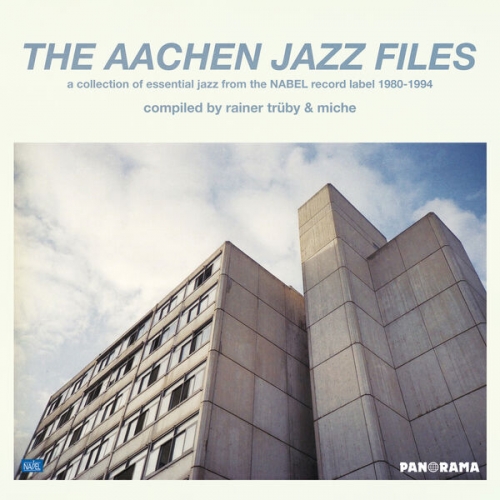
![Bob James, David Sanborn, Tsuyoshi Yamamoto, Susan Wong, Fourplay - The Best Of Evosound Audiophile (2024) [SACD] Bob James, David Sanborn, Tsuyoshi Yamamoto, Susan Wong, Fourplay - The Best Of Evosound Audiophile (2024) [SACD]](https://www.dibpic.com/uploads/posts/2026-02/1771744987_folder.jpg)